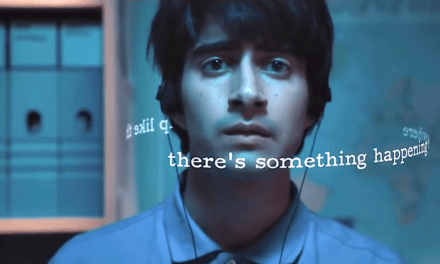This workshop call for papers invites presentation proposals pertaining to any aspect(s) of queerness in contemporary television during the period from 2000 to the present. Topics pertaining to cultural and/or television studies at the intersection of gender/sexuality studies and/or queer theory are invited from scholars, educators, and students of various levels and disciplines. Contributors are encouraged to interpret and explore this topic broadly and innovatively.
Questions of relevance to the contents of this workshop include: (1) How has queerness been incorporated within television programs of the early 21st century? (2) What cultural status does queerness possess in such televisual offerings? (3) What sorts of representational patterns are evident in queer televisual artifacts of the new millennium, and whose interests do they ultimately serve (and how)? (4) In what noteworthy ways do queer television texts created in the 21st century represent an extension of, and/or a significant deviation from, queer televisual texts of the past? (5) What does the (near) future of queer TV look like, and what are the cultural, social, political, and/or entertainment-based implications of this likely state of affairs?
Of particular interest are insightful, theoretically informed presentations pertaining to especially unique, noteworthy, and/or culturally influential representations of gay men, lesbians, bisexuals, trans individuals, and same-sex marriage in television programs of all kinds from the year 2000 to the present. Also of interest are presentations pertaining to other topics of relevance to queer theory (e.g., fetishism, gender bending, homoeroticism, homosociality, masochism, sadism, sex work, etc.) as they are explored in televisual offerings of all kinds (comedy, drama, documentary, news, talk show, etc.) and from any country around the globe.
Please e-mail presentation proposals containing (a) an abstract of 250-300 words, (b) your complete presentation title and (c) your contact information (name, institutional affiliation, and e-mail address) to Professor Kylo-Patrick Hart (k.hart@tcu.edu) on or before Friday, August 31, 2018.
Authors of accepted abstracts will be notified by October 9, 2018. Additional information about the conference can be found at https://blogit.utu.fi/supupaivat2018/en/. Please note that all conference participants are expected to cover their own travel and accommodation expenses.





